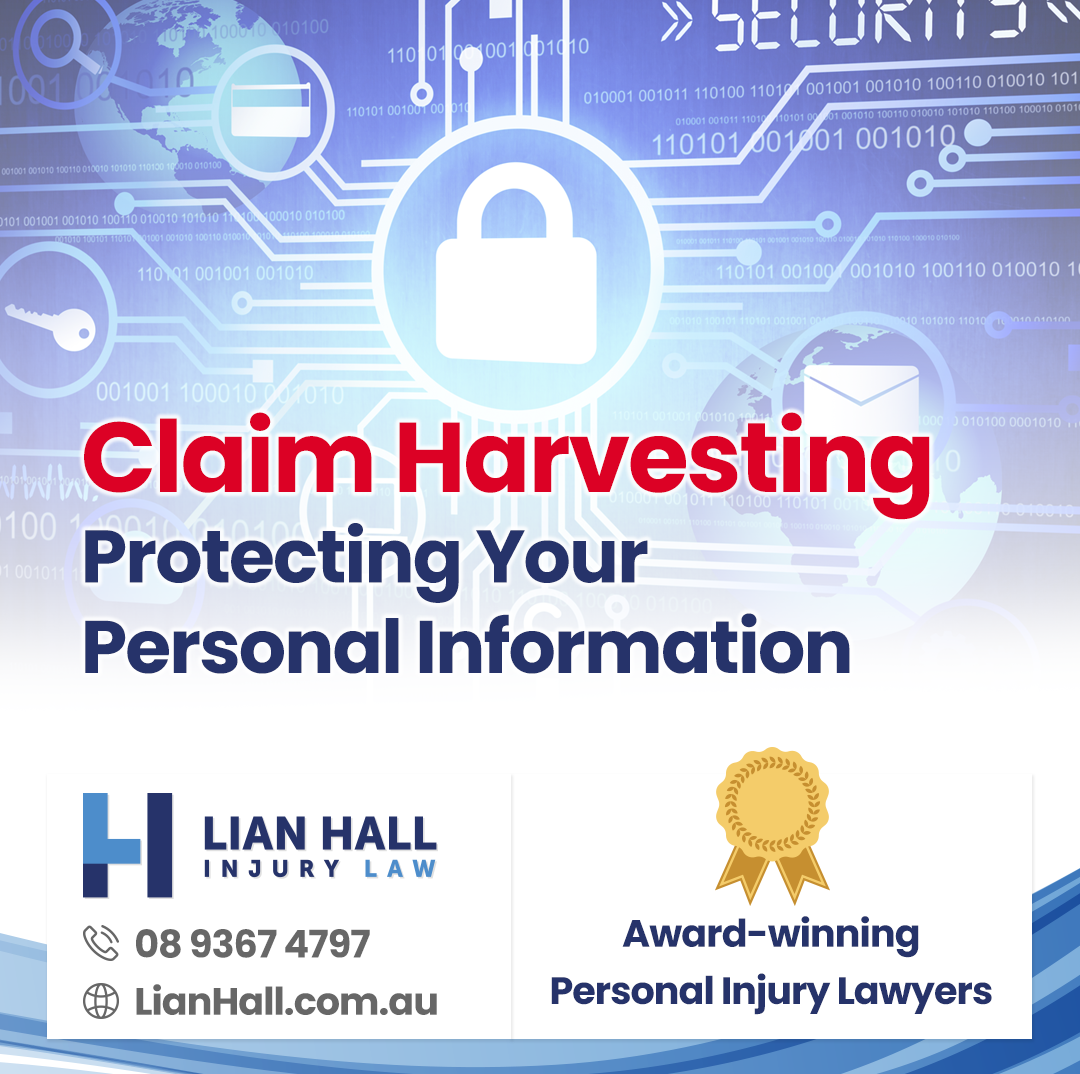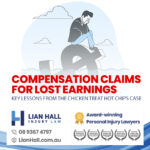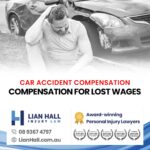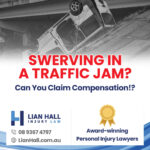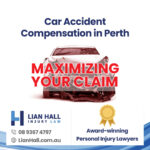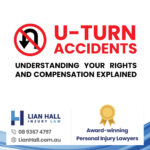Being involved in an accident can be a distressing experience, and dealing with the aftermath can be overwhelming. Unfortunately, some unscrupulous individuals and companies take advantage of accident victims by engaging in a practice known as claim harvesting. Claim harvesting involves collecting personal details from accident victims and then selling this information to third-party companies. These companies may use the information to market their services, such as legal assistance or car repairs. In Western Australia, claim harvesting is strictly prohibited to safeguard the rights and privacy of accident victims. In this blog post, we will delve deeper into claim harvesting, its implications, and provide valuable tips on how to protect your personal information.
Understanding Claim Harvesting
Claim harvesting is a deceptive practice that aims to profit from accident victims by exploiting their personal details. After an accident, it is not uncommon for victims to receive unexpected emails or phone calls offering services related to their accident, even if they have not sought out assistance. These unsolicited contacts often raise suspicions and leave accident victims wondering how their personal information was obtained. Claim harvesters employ various methods to gather personal data, such as obtaining accident reports, purchasing information from tow truck companies or medical facilities, or even using online platforms to gather publicly available information.
The Legal Perspective in Western Australia
In Western Australia, claim harvesting is strictly forbidden by law. The Law Society of Western Australia has taken a proactive stance against this practice to protect accident victims. They have issued a briefing paper highlighting the illegality of claim harvesting and urging individuals to be cautious of unsolicited contacts. By adhering to strict regulations, the legal system aims to ensure that accident victims’ rights and privacy are safeguarded.
Protecting Your Personal Information
As an accident victim, it is crucial to be vigilant and protect your personal information from falling into the wrong hands. Here are some valuable tips to keep in mind:
- Verify the Source: If you receive unsolicited emails or phone calls offering services after an accident, always question the source of the contact. Ask how they obtained your personal information and exercise caution if the explanation seems dubious.
- Be Selective: Only work with trusted and reputable companies when seeking assistance for legal matters or car repairs. Do thorough research and seek recommendations from reliable sources before engaging with any service providers.
- Keep Information Secure: Treat your personal information as valuable and keep it secure. Be mindful of what information you share online, especially on social media platforms, as this can be accessed by individuals with malicious intent.
- Know Your Rights: Familiarize yourself with your rights as an accident victim. Consult reputable sources, such as legal professionals or official government websites, to understand the legal processes and protections available to you.
Claim harvesting is a deceptive practice that preys on accident victims’ personal information for financial gain. As a responsible and informed individual, it is essential to be aware of this practice and take steps to protect your personal information. Remember to be cautious of unsolicited contacts and only work with trusted and reputable companies that prioritize your rights and privacy. By staying vigilant and informed, you can navigate the aftermath of an accident with confidence, ensuring that your personal information remains secure.
Remember, if you find yourself a victim of claim harvesting or suspect any fraudulent activity, report it to the appropriate authorities to prevent further exploitation. Your personal information deserves the utmost protection, and by staying informed, you can help combat claim harvesting and protect yourself and others in similar situations.

